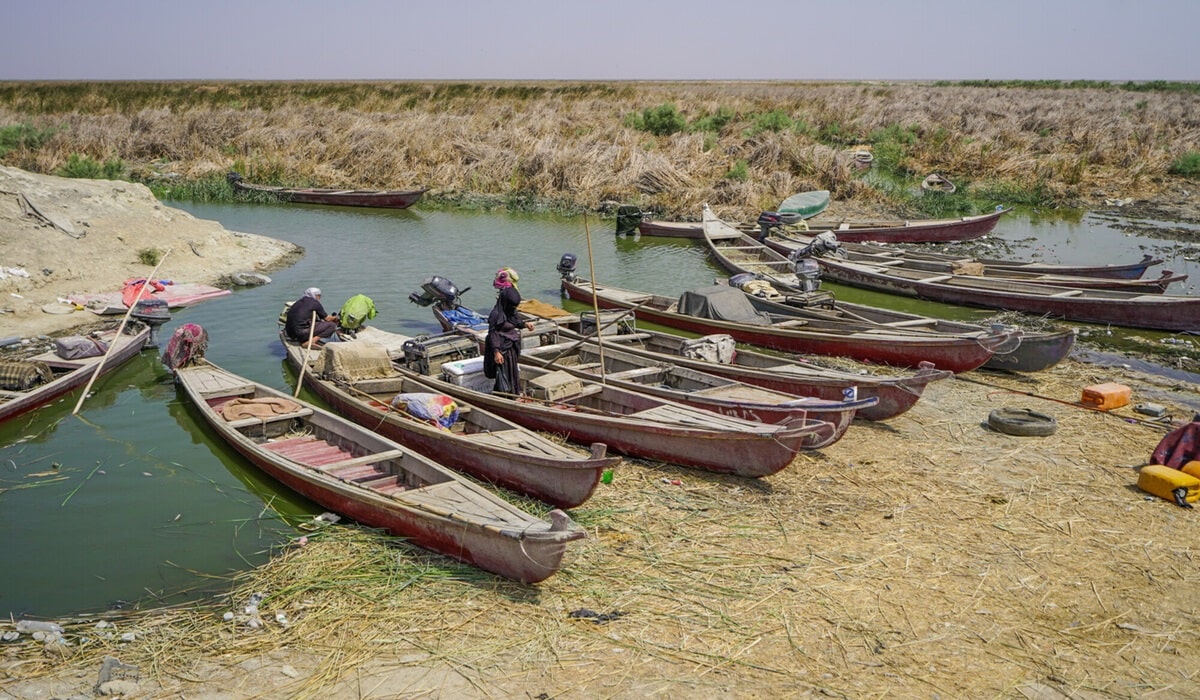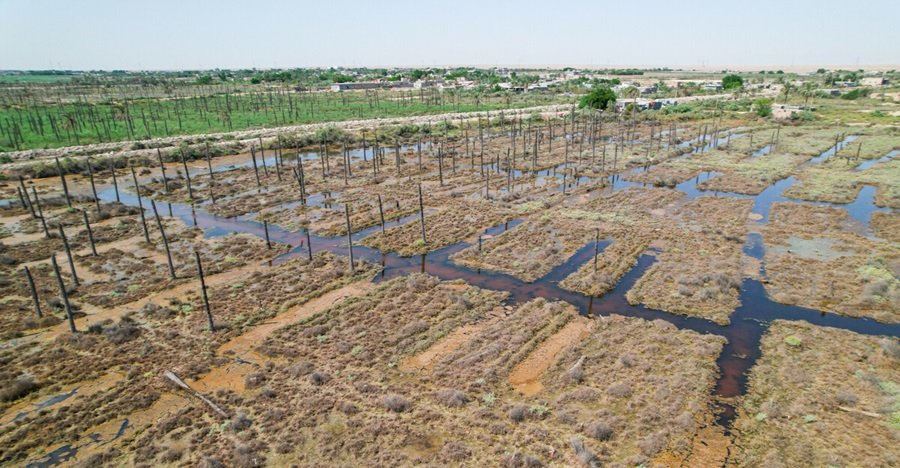Iraq’s Battle with Climate Change: A Looming Crisis Threatening Livelihoods and Stability
- TDS News
- Trending
- November 26, 2023

Iraq, a nation already grappling with the aftermath of prolonged conflict, now faces a new adversary: climate change. A recent report by the Norwegian Refugee Council (NRC) sheds light on the alarming impact of climate change on Iraq’s agricultural sector, exacerbating water scarcity and jeopardizing the hard-fought economic recovery of communities affected by conflict. This crisis hampers farmers’ livelihoods and poses the ominous risk of secondary displacement.
Anthony Zielicki, the NRC interim Country Director in Iraq, notes, “Iraq’s climate is changing faster than people can adapt.” The stark reality is that 60% of farmers are grappling with water shortages and reduced crop yields, hindering the recovery of the 1.2 million individuals still displaced by conflict and undermining the progress made by those who have returned home.

The NRC’s survey reveals that 60% of farmers had to cultivate less land or use less water due to extreme drought during the 2023 farming season. This affects food production and disrupts market systems, creating a ripple effect that exacerbates social tensions and increases the risk of secondary displacement. The situation is particularly dire in areas where conflict has caused substantial infrastructure damage.
Decades of conflict have left many areas with damaged infrastructure, and the combination of rising temperatures and water scarcity has resulted in mounting inequality in water access among communities. In northern Iraq’s Ninewa Plains, the town of Ba’aj is witnessing 24% of respondents contemplating leaving their homes due to drought, highlighting the severity of the crisis.
Abu Rashid, a farmer from Ninewa, shares a poignant story, “Only ten years ago, 35 people worked on my farm. This year, I could not even afford to feed my own family. Now, I work as a daily laborer to make ends meet. If this continues, I too will have to move soon.” His narrative echoes the struggles many face in the region, emphasizing the urgency of addressing the climate-induced challenges.
The NRC calls upon the Iraqi government to take immediate steps to monitor, regulate, and allocate the country’s water resources more effectively. The acceleration of Iraq’s ‘Green Paper,’ designed to outline the nation’s climate ambition and technical and budgetary commitments, is crucial in this climate emergency.
Furthermore, with the Climate Conference of Parties (COP) approaching, the NRC urges donors and financial institutions to increase funding for adaptation and climate resilience programs, specifically in displacement and conflict. It is imperative to recognize the interlinkages between climate, peace, and security to formulate comprehensive strategies for sustainable development.








